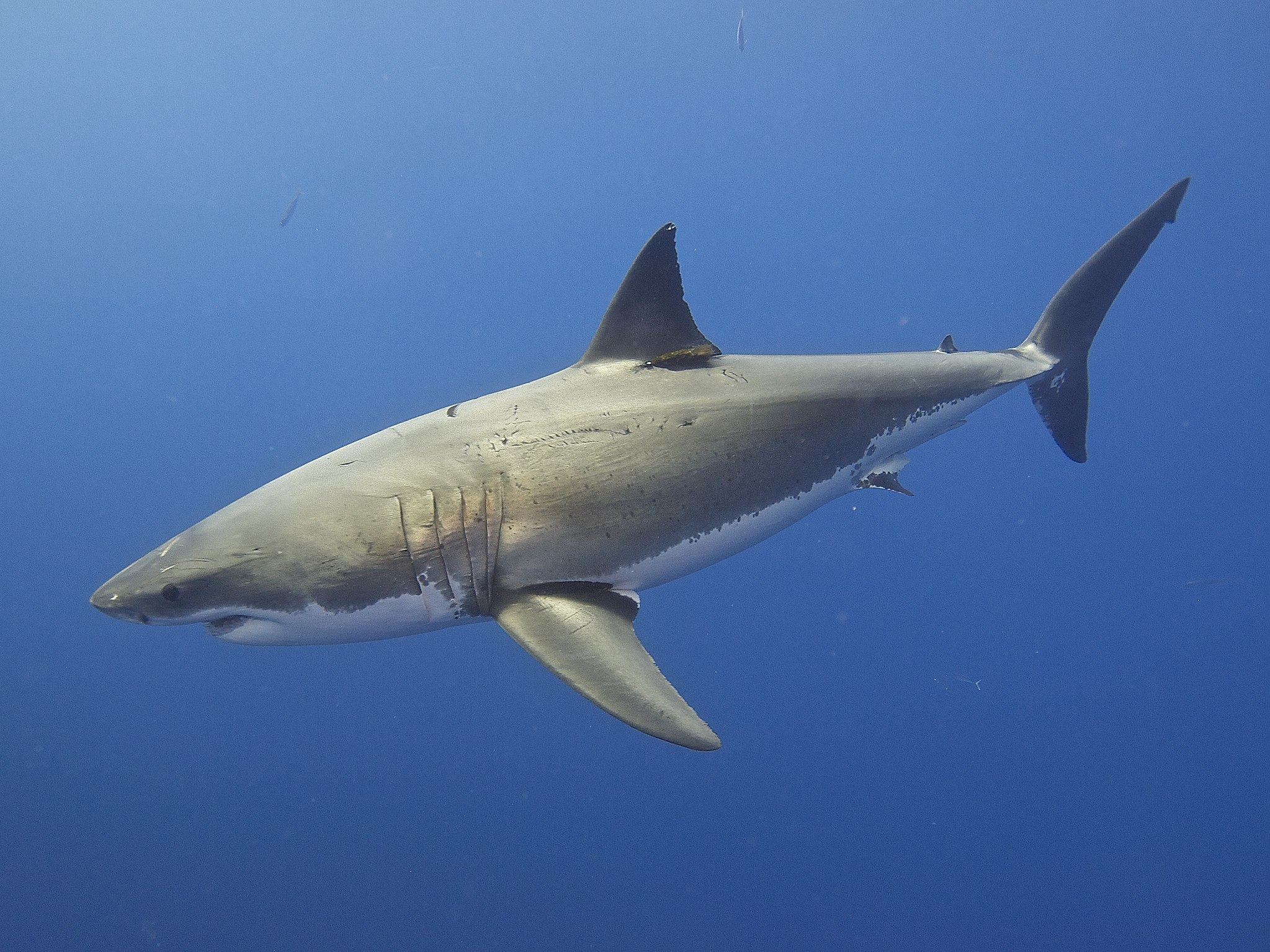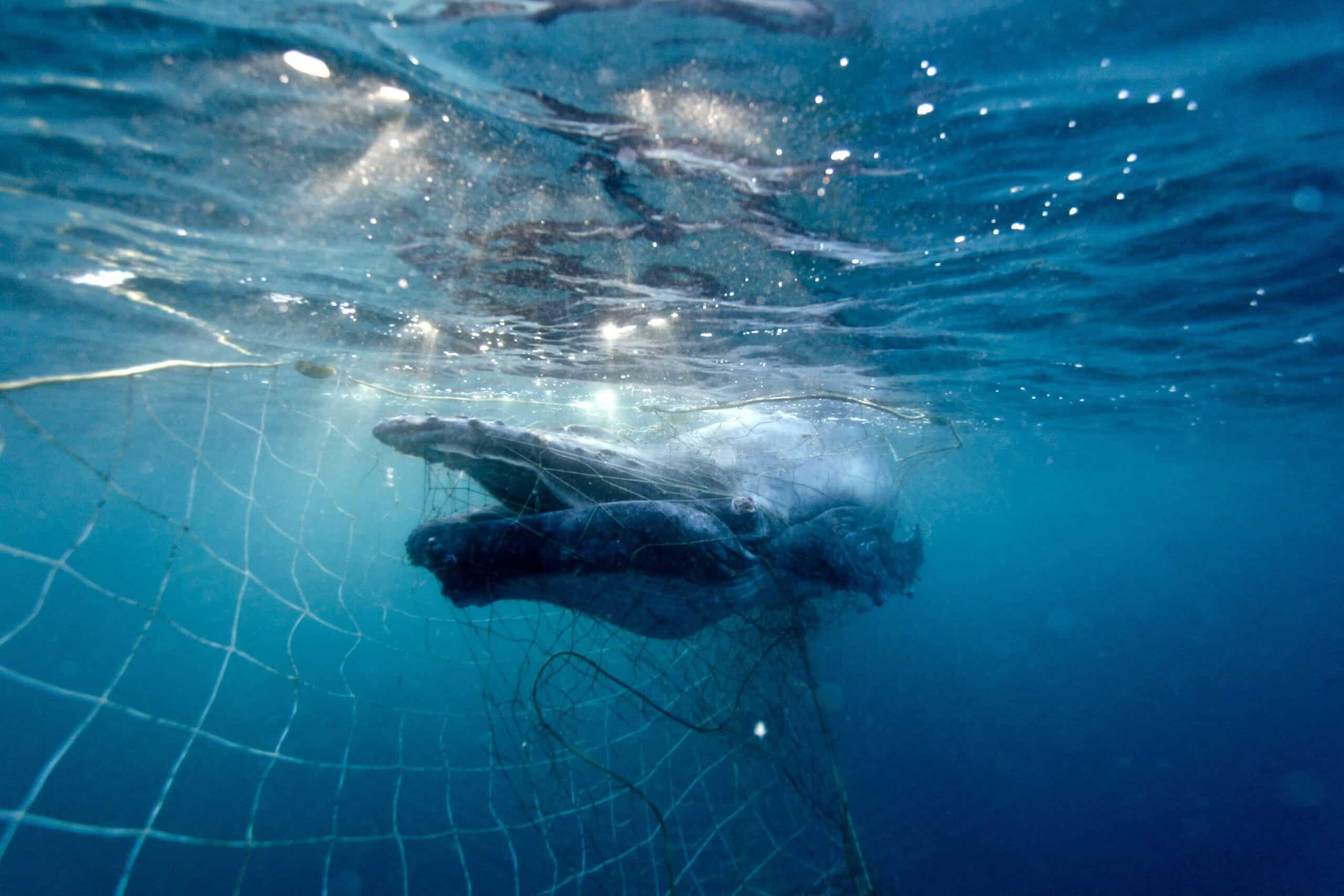Research shows that Australia’s great white sharks are highly related to each other and may consist of fewer than 500 breeding animals. SYDNEY, 24 June 2025: Latest research has found Australia’s great white shark population is much smaller than expected, increasing their vulnerability to further population threats. The population...
It felt like our nation emerged from this summer’s bushfire crisis with a collective case of post -traumatic stress disorder. I know that is how I felt after weeks spent amongst burnt and injured wildlife on Kangaroo Island with the Humane Society International Disaster Response Team. Endless hours scrolling through my newsfeeds watching the mounting national tally of lost forest, homes, human and animal life added to the despair. Then, we barely had time to catch our breath before we were plunged into the COVID-19 pandemic. But, as with every major disaster, it is so important that we take the time to stop and learn from our experience.
Especially when the science tells us it will happen again. We have been warned bushfires will increase in ferocity and frequency if the world keeps warming.
Australia is going through the learning process with the Bushfires Royal Commission. The Commission has received over 1400 submissions examining our ‘coordination, preparedness, response to and recovery from the bushfires’. It is also looking at ‘our resilience and how we are adapting to changing climatic conditions and mitigating the impact of natural disasters’.
In our submission, Humane Society International urges that the most fundamental lesson to learn is that addressing climate change will be by far the most effect hazard reduction strategy for our country. We then take our experience as first responders on Kangaroo Island, and as support crew for wildlife carers across the country through our Wildlife Emergency Response Fund, to set out recommendations to help the wildlife care sector be better resourced, coordinated and prepared for next time.
All through this summer the wildlife care sector launched heroic efforts to save wildlife up and down the firegrounds. This is a sector which relies on volunteers and is poorly resourced at the best of times. Yet they mobilised quickly and expertly, and prevented the suffering of countless animals on shoestring resources.
Drawn from our experience and observations of these efforts, HSI is calling for:
- Funds to build the capacity and resources of volunteer wildlife carers for future fire events.
- Resources for training volunteers in fire safety, wildlife handling and care, so that there is a pool of suitably equipped and trained volunteers ready to be deployed for each region.
- State government agencies to be ready to lead and coordinate teams of wildlife search and rescue volunteers and provide safe access to firegrounds.
- Investment in mobile wildlife vet clinics.
- Investment in heat sensing drone technology to fast track search and rescues especially in koala habitats.
Humane Society International is also commissioning a project to investigate the experiences of the legion of wildlife care and veterinary personnel who mobilised this past summer. We want to know what they see as the strengths and weaknesses of the wildlife emergency response in each of their regions, and to see what help they need to be able to respond as effectively as possible to future fire events.
Australia lost over a billion animals to fire this summer. The lessons we learn now will save lives in the fires to come.
Nicola Beynon, Australia Head of Campaigns, has fought against wildlife trade with HSI for over two decades. She has successful campaigned for different species to be protected from trade at many conferences of the UN Convention on International Trade in Endangered Species.


